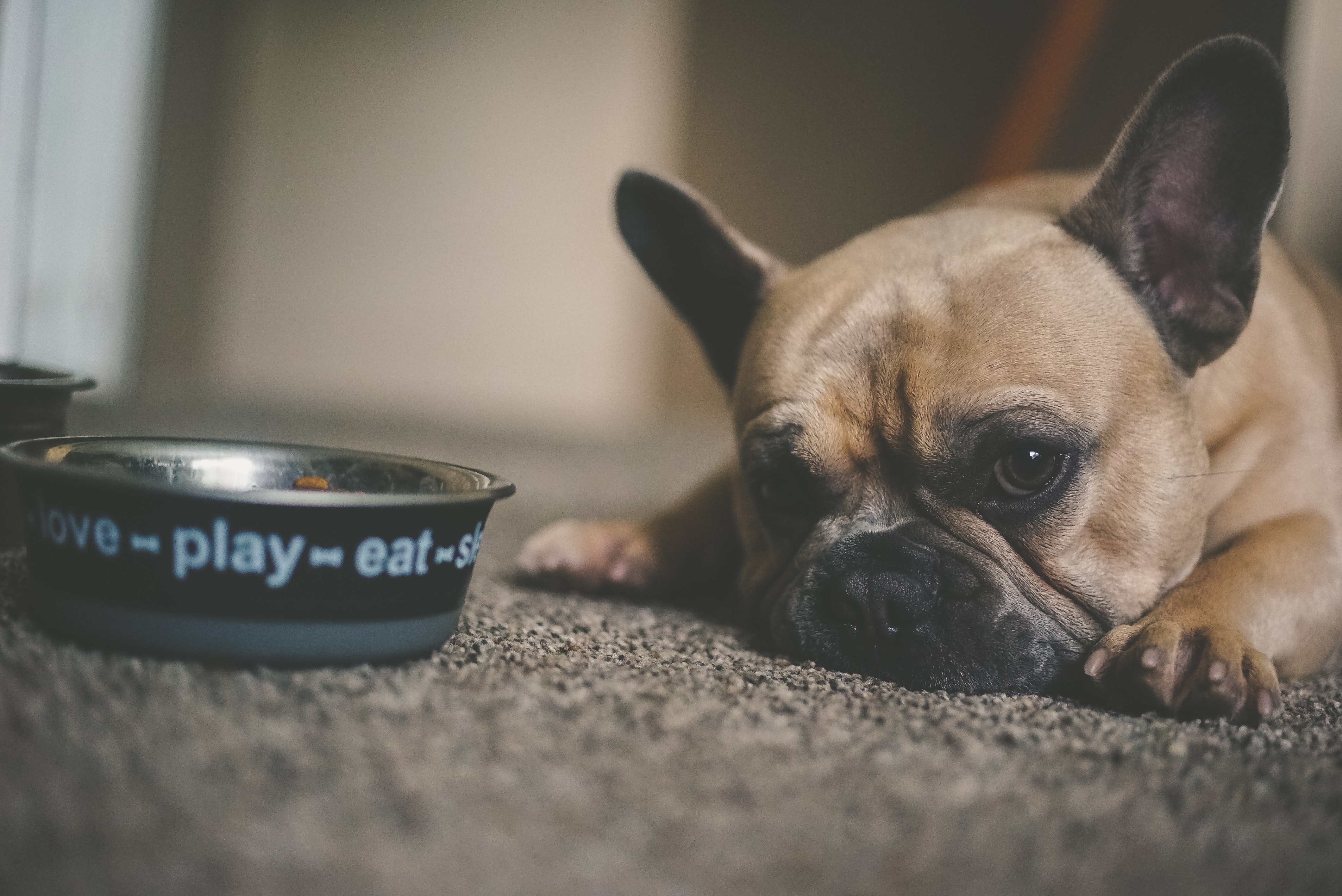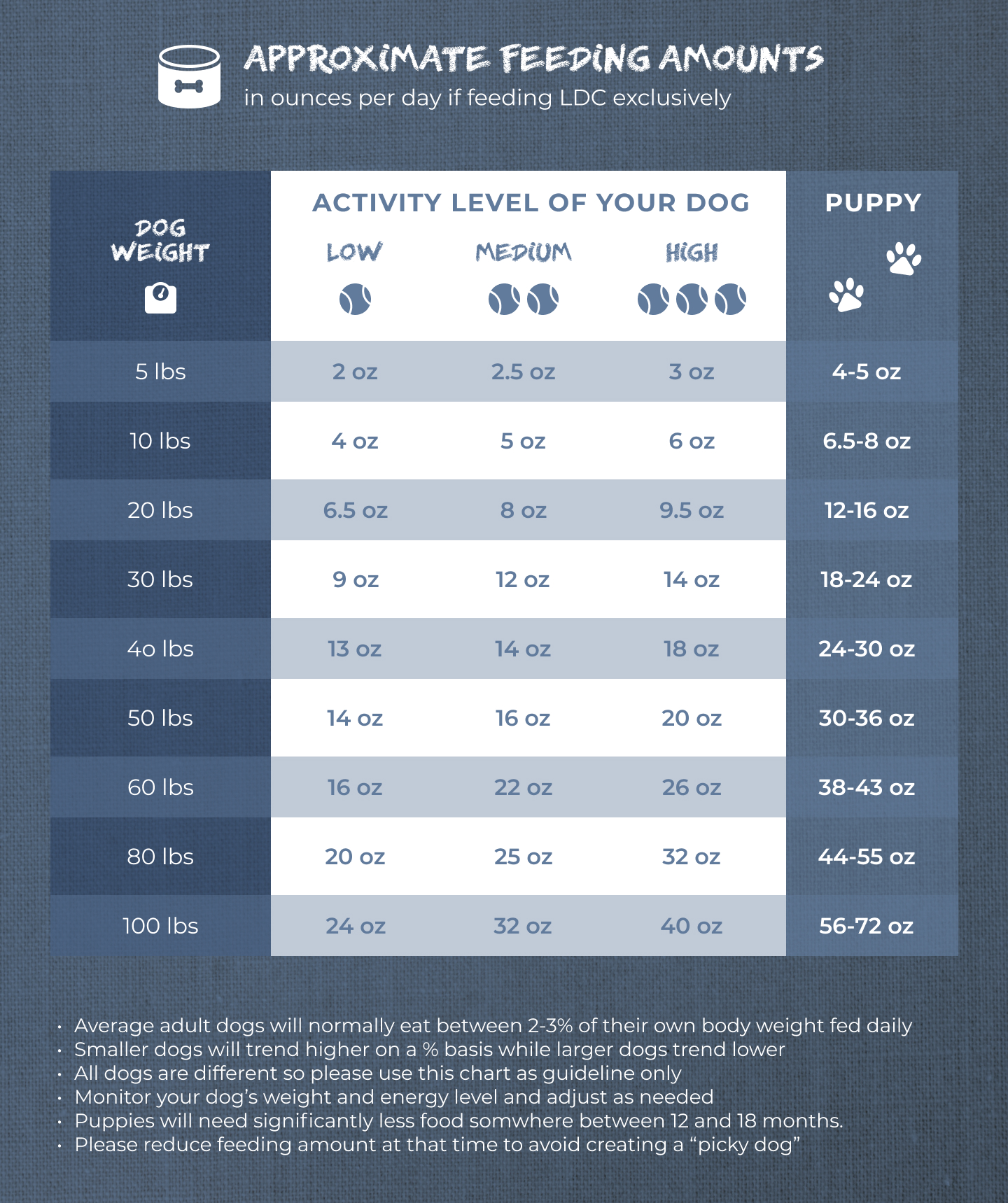According to a 20-year study completed at the University of Georgia, one out of three dogs currently alive will die from cancer. Prominent holistic veterinarian, Dr. Donald Strombeck, states that our dogs are living 20% shorter lives than they did 40 years ago.
These are such sad statistics considering the abundance of supposedly ‘balanced and complete’ processed dog foods on the market.
The way we feed our dogs today has certainly changed. Dogs have traditionally eaten what we ate. In the 1800’s, affluent people would feed their dogs meats and fresh breads while lower to middle class canine diets were made up of breads, potatoes, and cabbage. Farm families ate foods raised on the land and so did their dogs. Table scraps were not considered bad – they were a way of life.
Times change and with the Industrial Revolution came a major shift in where and how people lived. The farm culture was replaced by urbanization. Now instead of home made foods, the convenience of prepared meals was welcomed in a more harried world.
 The first dog foods appeared in the mid 19th century. James Spratt created ‘Spratt’s Patent Meat Fabrine Dog Cakes’. These hard biscuits were touted to prevent all sorts of canine diseases. According to Spratt, they contained all that a dog needed. Sounds familiar, doesn’t it? Spratt went on to say that table scraps would ‘break down a dog’s digestive system’ and fresh meat would ‘overheat a dog’s blood’.
The first dog foods appeared in the mid 19th century. James Spratt created ‘Spratt’s Patent Meat Fabrine Dog Cakes’. These hard biscuits were touted to prevent all sorts of canine diseases. According to Spratt, they contained all that a dog needed. Sounds familiar, doesn’t it? Spratt went on to say that table scraps would ‘break down a dog’s digestive system’ and fresh meat would ‘overheat a dog’s blood’.
So began the marketing of dog food. It’s interesting to note that the start of the advertising industry began in 1841 in Philadelphia. Today millions of dollars are spent on encouraging us to buy various products. Common sense is now replaced by the allure of pretty packaging. Marketing over Mother Nature.
However, the recalls of 2007 brought awareness and questions. We have learned that the pet food industry is a profitable way for the human food and agricultural industries to capitalize on waste products. Pet foods provide a market for slaughterhouse waste, moldy grains, and other ingredients that are unfit for human consumption.
More pet parents are asking questions about what exactly is in their dog’s food. If I eat healthy, natural foods, why shouldn’t my dog? Again, our emphasis is changing as we look at consuming organic foods, purchasing locally grown products over foreign imports, and eating fewer processed foods.
In order for us to be healthy we need a variety of whole, natural foods. Our dogs are not so different. There is no mystery in how to feed them. For centuries they have eaten from our table and have had fewer health issues than we see today. Ask your grandmother whether her dog ever had ‘hot spots’. I think she would have no idea what you meant.
As a general rule, if you wouldn’t eat something, don’t feed it to your dog. Table scraps imply inferior quality nowadays. The fat and gristle that you have cut off your meats should not be given to your dog. You wouldn’t consider eating moldy breads or two week old leftovers, so don’t give them to your best friend!
Some people complain that feeding table scraps or ‘people food’ will make their dogs fat. Not true! Adding wholesome cuts of meats, vegetables, and whole grains to your dog’s kibble will give him a chance to eat a variety of foods. Simply cut down on the dry food when you are adding other ingredients.
Another common misconception is that you should never change your dog’s normal diet. Would  you like to eat one type of processed food every day for the rest of your life? That is pure media hype. Your dog gets bored, just like you do – he needs variety too. Feeding one type of food exclusively can create allergies and sensitivities. Adding new textures and flavors will increase mealtime enjoyment and balance their diet. Your dog will love you for it!
you like to eat one type of processed food every day for the rest of your life? That is pure media hype. Your dog gets bored, just like you do – he needs variety too. Feeding one type of food exclusively can create allergies and sensitivities. Adding new textures and flavors will increase mealtime enjoyment and balance their diet. Your dog will love you for it!
Another word of advice, don’t feed Fido from the table! It teaches begging and bad manners. Keep feeding consistent in time and location.
There are some foods that should not be fed to your dog. These include onions, chocolate, grapes, and fried foods. Please, no chemically laden, processed foods either.
It is hard to fight media conditioning, but common sense tells us that fresh, wholesome foods are best for us and for our extended canine family. One of the great joys in life is sharing a meal with family and friends. Mealtime is one of the highlights of your dog’s day. Make it an event and help them live a long and healthy life!

 Is your dog a picky eater?
What to do when your dog won't eat
Is your dog a picky eater?
What to do when your dog won't eat







